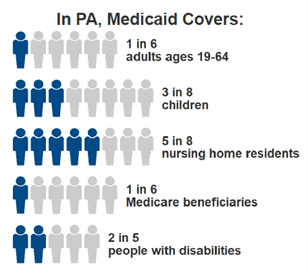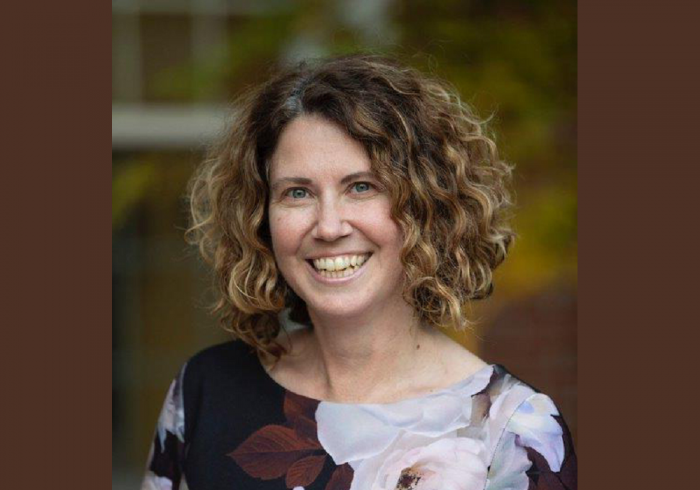Part 1: Motivational Interviewing in Pediatric Therapy
Tuesday, April 15, 2025
11:00 am – 12:00 pm EDT; 10:00 am – 11:00 am CDT;
9:00 am – 10:00 am MDT; 8:00 am – 9:00 am PDT
Register Here
Part 2: Beyond Motivational Interviewing: Additional Strategies to Improve Engagement in Pediatric Therapy
Tuesday, April 22, 2025
11:00 am – 12:00 pm EDT; 10:00 am – 11:00 am CDT;
9:00 am – 10:00 am MDT; 8:00 am – 9:00 am PDT
Register Here
Presenter Bios:
Alison Heinekamp, MOT, OTR/L, CBIS
Alison Heinekamp is an Occupational Therapist and certified brain injury specialist. She currently works as an inpatient occupational therapist at Cincinnati Children’s Hospital Medical Center practicing in the areas of neurology/neurosurgery and pulmonology. Ali serves on the disorders of consciousness subcommittee of the Ohio Brain Injury Program. She has presented both locally and nationally on topics related to best occupational therapy practices in pediatric brain injury and motivational interviewing in pediatrics.
Heather Blackburn, PT, MPT, CBIS
Heather Blackburn is a pediatric physical therapist who specializes in neuro-rehabilitation, serial casting, and treating children with cerebral palsy and acquired brain injuries. She has presented at OPTA, OPC, Ohio Brain Injury Association, APTA Peds Annual Conference, and AACPDM Annual Conferences on her evidence-based practice work in the areas of serial casting, pediatric brain injury treatment, and aquatic therapy. She is a Certified Brain Injury Specialist and the leader of the Moderate-Severe Brain Injury Translational Research and Clinical Knowledge Team at Cincinnati Children’s Hospital Medical Center. Heather holds a Masters in Physical Therapy from Ohio University and was LEND (Leadership Education in Neurodevelopmental and Related Disabilities) certified through Ohio State University.
Objectives: Following this course, the learner will be able to:
PART 1
- Define self-management and describe motivational interviewing (MI) skills;
- Apply MI strategies to facilitate meaningful conversations with patients and/or caregivers to maximize collaboration; and
- Apply MI strategies to improve participation in therapy sessions to maximize outcomes.
PART 2
- Describe the clinician’s role in improving child/adolescent’s participation with collaborative goal setting; and
- Identify strategies to improve patient engagement with therapy evaluations, treatment sessions, and home exercise programs.
Audience: This webinar series is intended for all interested members of the rehabilitation team.
Level: Beginner-Intermediate
Certificate of Attendance: Certificates of attendance are available for all attendees. No CEs are provided for this course.
Complimentary webinars are a benefit of membership in IPRC/RCPA. Registration fee for non-members is $179. Not a member yet? Consider joining today.













 The loss of Federal funding to states would be devasting for the more than 3 million Pennsylvanians who are enrolled in Medicaid. Medicaid also pays for 30% of Medicare. Those that depend on its supports and services, include:
The loss of Federal funding to states would be devasting for the more than 3 million Pennsylvanians who are enrolled in Medicaid. Medicaid also pays for 30% of Medicare. Those that depend on its supports and services, include:


